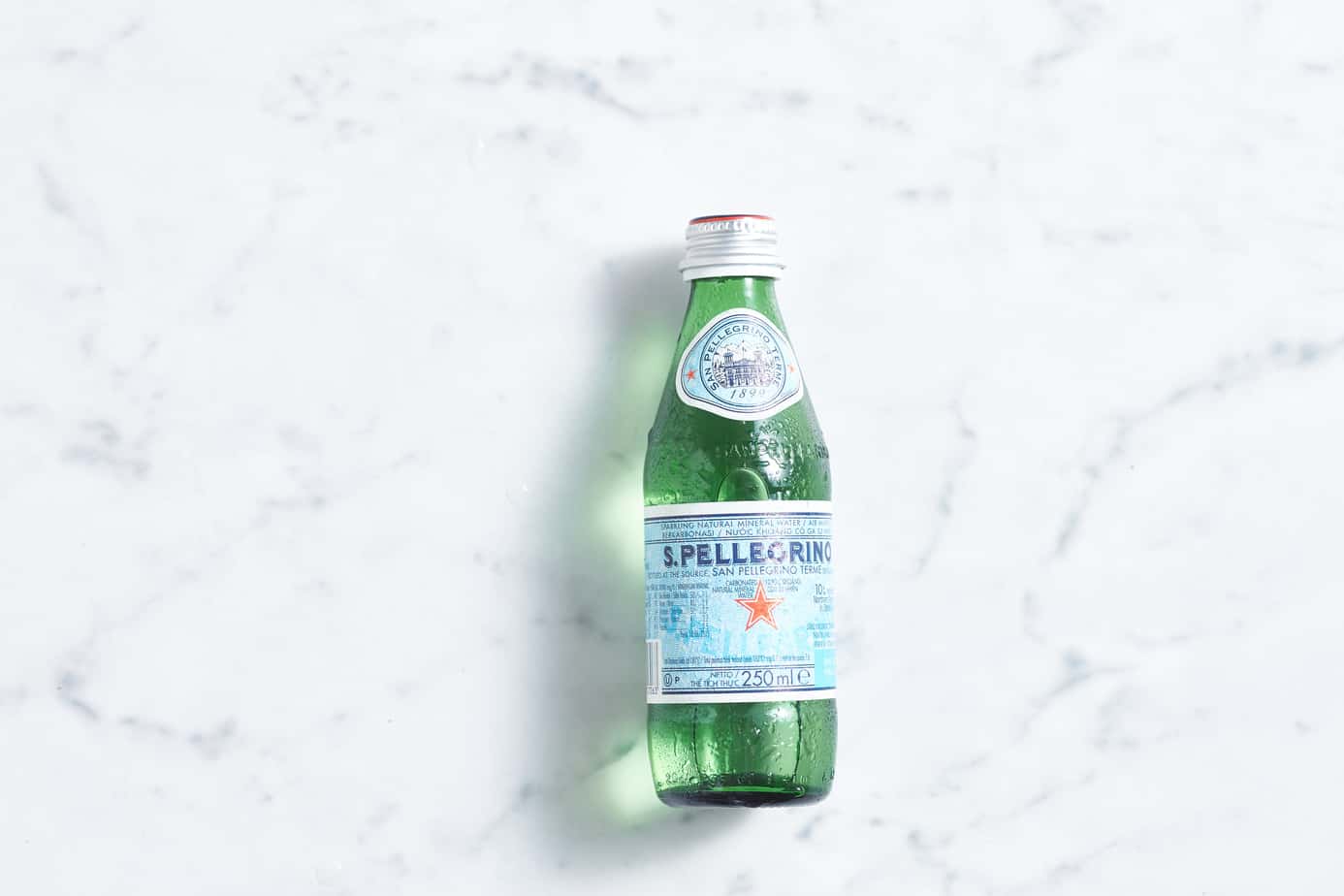We all wish our wallets came with free refills, but the reality is that making and maintaining good money-saving habits is where the magic happens.
Have you been feeling a little tight for cash recently? With a recent survey from the University of Melbourne reporting almost 1 in 3 Australians are dissatisfied with their financial situation, now is the best time to start saving. Follow these tips to save money in 2021.
1. Buy Generic Brands
You have no doubt seen the typically bland looking packaging of generic branded items in supermarkets and pharmacies across the country.
More often than not generic foods contain the same ingredients as the name branded product and sometimes these food products are even made in the same factory.
All therapeutic drugs sold in Australia must undergo an approval process by the Therapeutic Goods Administration. Harvard health says that “a generic medication must be ‘bioequivalent’ to its brand-name counterpart.
This means, chemically the two are pretty much the same.
2. Make Your Coffee at Home
Buying a $4 coffee (plus a $6 banana bread) every day for 1 year equates to $3,650. Whilst it’s important to support local business you don’t have to buy a coffee every day.
Instead, you could invest in a decent coffee machine for a fraction of the expense you are racking up.
3. Drink Water
Drinking good old Aussie tap water not only benefits your health, but it’s also friendly on your wallet too. Stay away from sugary drinks which are bad for your teeth and waste-producing bottled water.
4. Set Financial Goals
Creating a visual reminder of your financial goals such as a vision board or a reminder in your planner will keep you on the straight and narrow to reaching financial freedom.
Set up an appointment with a Personal Finance Expert to help you track and trace your spending to work towards your savings goals.
By doing this, it will make it clearer on how to set up personal financial goals, setting up steps to help you achieve them. Like putting aside $50 a week into a separate savings account.
5. Review Your Financial Progress Regularly
Regularly evaluating your financial progress will allow you to make changes where and when necessary to your saving plan.
6. Don’t Buy the Extended Warranty
Consumer reports comments, “extended warranties are an investment in peace of mind that limits financial risk for a set period of time.”
Personal finance expert Dave Ramseyreports “On average, you’ll pay about $1,500 on an extended warranty, and the average repair is $180. I don’t recommend buying extended warranties, ever.”
Instead, create an emergency ‘Fire Extinguisher’ savings fund which you can tap into when needed.

7. Meal Plan and Prep
Planning and Cooking meals in bulk can save you both time and money whilst reducing food waste.
8. Click and Collect Groceries
Time is money. This may sound counterintuitive as this service costs money however if you consider the amount of time saved this one is definitely worth it.
9. Simplify Your Style.
Don’t feel like you have to keep up with fashion trends.
Investing in timeless, high-quality fashion pieces that don’t go out of style will save you money in the long run.
10. Keep $2 Coins
Forget a piggy bank. Make saving easy by putting your $2 coins into a small San Pellegrino bottle. Once it’s full to the brim you will have $1000 to put towards your savings.
11. Don’t Buy Sale Items
If you had already planned on buying the item, a sale is a nice deal however, don’t buy things just because they are on sale if you don’t really need them.
Many companies actually make money on these ‘sales’, in turn making you spend more money than you had budgeted for.
12. At-Home Workouts
There is a tonne of free at-home workouts on Instagram and YouTube just waiting to be accessed.
Putting together an at-home gym may save you the money you would otherwise spend on a monthly gym membership.
Some equipment, such as weights tend to keep their value over time (so you can re-sell them later).
13. Visit Your Local Library.
Borrow books for free from your local library instead of paying for eBooks, audiobooks, or the hardcopy. Grow your personal intellectual capital by expanding your knowledge.
14. Re-usable COVID-Safe Facemask
Nobody knows how long we will be living with Corona Virus. A Re-usable facemask will pay for itself over time and there are some pretty cute ones on the market.
Disclaimer: It would take an exceptionally long time for a Burberry mask to pay for itself.
15. Apply The 30 Day Rule
Stop impulse buying by waiting 30 days before committing to a purchase (especially if it’s expensive) by leaving the item in your cart for 30 days. If you still want it after this time, buy it.
Also, consider removing your card information from the sites that are very tempting for you.

16. Become a Minimalist
Minimalism is all about living with less. This means less stuff to fix, service and replace when things inevitably break.
17. Buy a Bike
Invest in a bike and ride places instead of catching public transport or driving where possible.
18. Market Place
Second-hand marketplaces like Gumtree, eBay and Facebook are a great way to save money on items that you would otherwise pay a premium for new. Such as a bike.
19. Invest
Investing is not without its risks however it provides the opportunity to increase your financial worth over the long term.
20. Start a Herb Garden
Herbs are expensive and yet are some of the easiest plants to grow. You can start a windowsill herb garden by planting some seeds and you will be rewarded with the best garnishes for your food prepped meals.
21. Start a Side Hustle
This may look like starting a dog walking business or an online blog. Make sure you schedule time for this project and that it’s something you are interested in.
At the end of the day, have a positive money mindset and don’t compare your progress to other people. Everybody is on their own financial journey and will have different expenses or savings to start with.
Do not give up. If you slip, identify where you went wrong and forgive yourself.
Happy saving.








